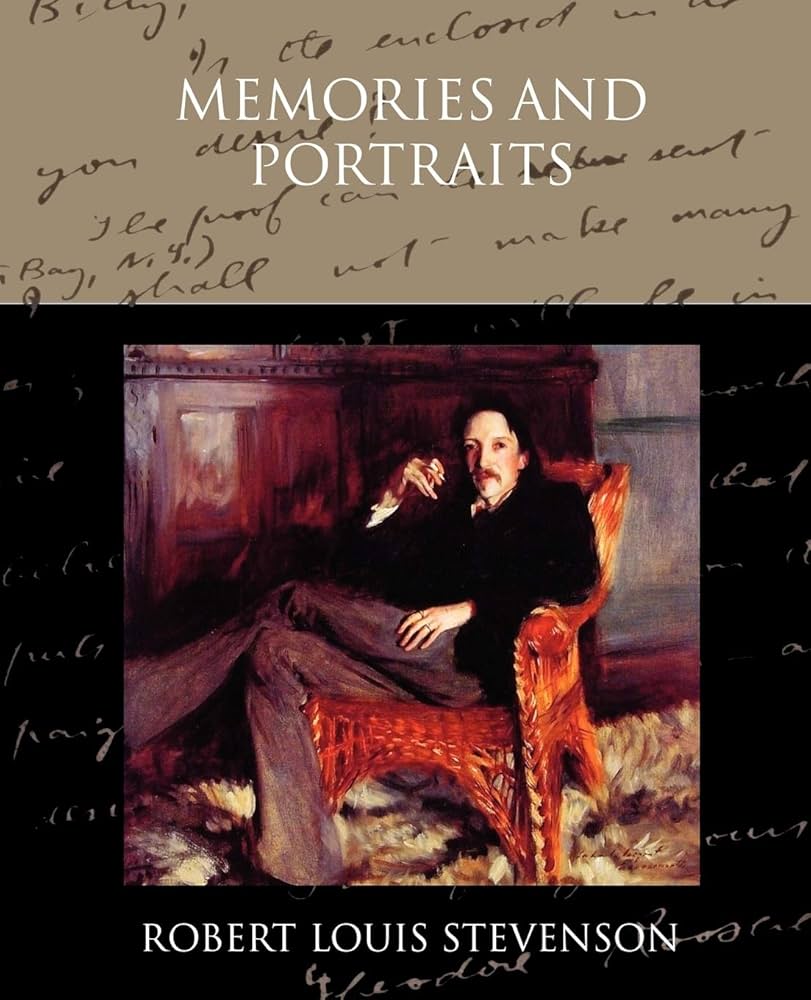Chapter X — Talk and Talkers
byChapter X begins with a reflection on the deep importance of genuine conversation. More than just an exchange of words, a meaningful talk invites the soul into the open, allowing ideas to evolve through dialogue instead of staying fixed like ink on a page. The voice, the pauses, and the reactions all contribute to something literature can’t capture in quite the same way. In this setting, the moment breathes; the speaker may revise or explore a thought anew before the listener’s eyes. Good talk encourages spontaneity and growth, allowing both sides to reshape their ideas together. There’s a kind of freedom in speaking that offers clarity even before one fully understands their own thoughts.
Conversations that leave lasting impressions rarely follow a rigid plan. Instead, they meander through insights, laughter, challenges, and small revelations. A lively conversation often acts as a social dance, with participants adapting their steps to each other’s rhythm and tone. One person’s story triggers another’s, and suddenly a shared experience builds from seemingly unrelated pieces. That kind of exchange, even if lighthearted on the surface, can uncover common ground that written communication often lacks. The mutual energy, the invisible thread that weaves between speakers, is where understanding begins to grow. It’s in this space that barriers break down and fresh ideas take root with remarkable ease.
Rather than only a tool for learning or persuasion, conversation can serve as emotional medicine. On difficult days, being heard by a thoughtful friend may offer more comfort than any written advice ever could. Words spoken aloud, in real time, carry warmth that even the finest prose might struggle to match. That’s because talk comes with presence—tone, inflection, and the assurance that someone is there, sharing that moment fully. Not every exchange needs to be profound to be impactful. Even the smallest comments can build up connection when they’re genuine and delivered with care. In the practice of consistent, sincere talk, we often find a quiet kind of healing.
The interplay of personalities within conversation creates a form of intellectual chemistry. Some bring energy and wit, sparking humor and spontaneity. Others offer a grounding presence—calm, reflective, and thoughtful, guiding the talk toward meaning without overwhelming it. The richest conversations happen when these different traits meet and complement each other. A sharp question posed by one can ignite a brilliant idea in another. As long as there’s curiosity and goodwill, the exchange deepens both knowledge and empathy. Each person leaves changed, sometimes in small ways, yet undeniably enriched.
It’s important to note that good conversation also requires restraint. Knowing when to listen is as vital as knowing when to speak. Silence, if held respectfully, becomes a space for others to fill with insights they might otherwise keep hidden. Talk loses value when it becomes a monologue or a performance instead of a shared act. Those who know how to invite others in—through openness and well-timed questions—often earn more influence than those who only seek to impress. A kind listener with a talent for gentle steering can elevate a conversation far beyond what loud talkers ever achieve. This subtle skill defines many of the best conversationalists across time.
Age, status, or education do not restrict the power to engage in memorable conversation. Some of the most profound talks have taken place on front porches, street corners, or kitchen tables. It’s the willingness to share, to be present, and to truly listen that matters. The magic of these exchanges is not confined to elite circles or academic forums. It belongs to everyone who approaches dialogue with honesty and heart. Every human carries a unique lens on the world, and talk lets those lenses align, if only for a moment, in shared understanding.
In the end, the true gift of conversation lies in its impermanence. No transcript can fully capture the mood, the tension, or the laughter that shaped it. That’s why it remains such a treasured part of our lives—because it’s fleeting, yet lasting in impact. The greatest conversations are remembered not just for what was said, but for how they made us feel: seen, heard, and understood. Through words freely spoken, we gain more than knowledge—we gain companionship. And that, above all, may be what keeps us talking.

